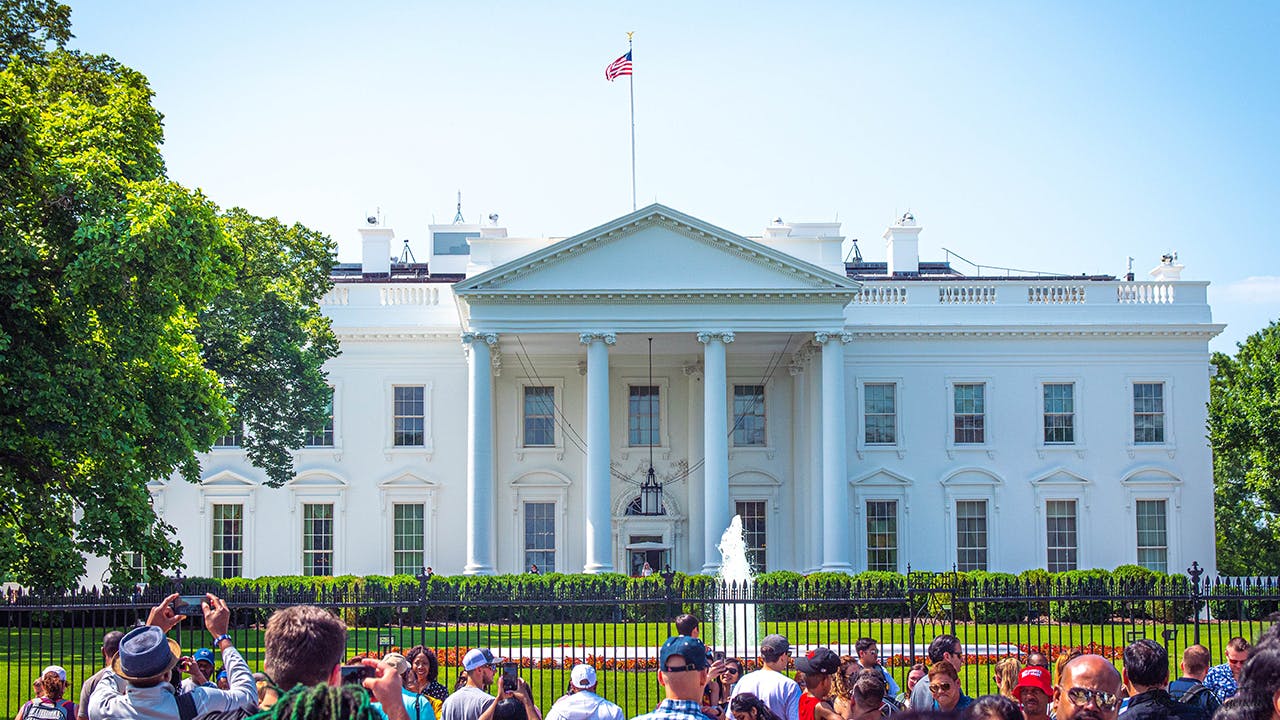The Task Force on Hunger, Nutrition, and Health, comprised of an independent group of professors, advocates, and food industry executives recently recommended that the U.S. Department of Agriculture (USDA) continue to offer a universal school meal program.
Free meals were available in the past two years to all students thanks to pandemic-era waivers. Those waivers, however, have now expired, and next fall students will again be required to qualify for free, reduced, or full-priced meals based on need.
“Congress should provide free nutritious meals (lunch, breakfast, summer, afterschool meals) for all children in the United States, removing the income test and ensuring all children receive free meals without stigma or burdensome paperwork,” said the task force.
With a universal school meal program all children, regardless of income, would have access to free breakfast and lunch at school. Recently California became the first state to do so, but the Task Force on Hunger, Nutrition, and Health is pushing for more.
The task force's recommendation comes ahead of a White House conference on childhood hunger and poverty. The only other White House conference that addressed this topic happened in 1969. Some of the major policies that resulted from that gathering were an expansion of school lunch programs, the creation of the Supplemental Feeding Program for Women Infants and Children (WIC), and food label changes.
As it stands now, children from low-income families are eligible for free or reduced-price meals at school through the National School Lunch Program (NSLP). However, many children from families that are just above the poverty line do not qualify for this assistance. As a result, these children often go hungry during the day or do not have access to nutritious food.
A universal school meal program would help close this gap by ensuring that all children have access to healthy food at school. It would also help reduce childhood obesity, as well as the associated health risks. In addition, a universal school meal program would give parents one less thing to worry about by taking the financial burden off of them.




